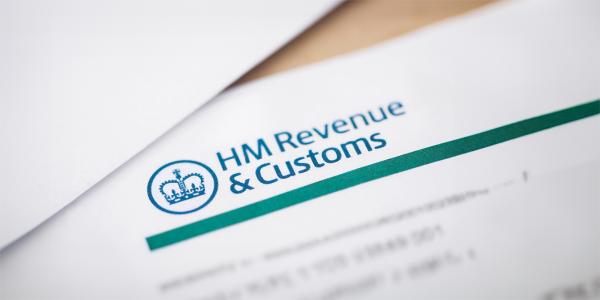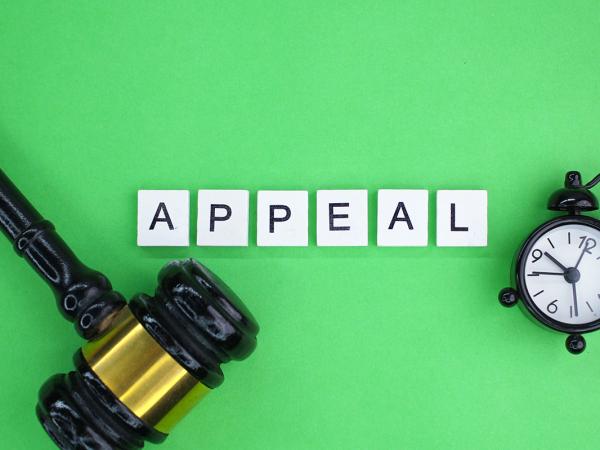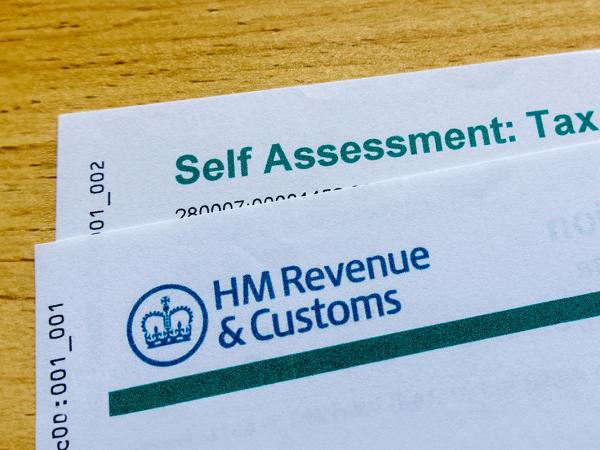Discovery assessments
If HMRC discover you have not declared tax they think you owe, they may issue a discovery assessment to try and collect that tax.

Content on this page:
When HMRC may issue a discovery assessment
HMRC can issue a discovery assessment when they discover any of the following:
- An amount of income tax or capital gains tax which ought to have been assessed but has not been assessed.
- There is an under-assessment of tax (including when a self assessment tax return has been submitted).
- An excessive amount of tax relief has been given.
A discovery assessment is a way by which HMRC can create a legally enforceable debt which is payable by a taxpayer.
Time limits
If you have submitted a tax return
If you have already submitted a self assessment tax return for the tax year in question, HMRC can only issue a discovery assessment where they have reason to believe either:
- you have acted carelessly or deliberately in submitting your tax return, resulting in a loss of tax, or
- when the time limit for issuing a notice of enquiry passed, HMRC could not reasonably have been expected to be aware of the loss of tax in the tax return.
Such discovery assessments may only be issued within six years of the end of the tax year of assessment where there has been careless behaviour, or within four years if there was no careless behaviour, but can be issued within 20 years if the behaviour was deliberate.
Longer time limits (up to 12 years) can apply where the unpaid tax is a result of an offshore matter or offshore transfer, irrespective of whether or not there was careless behaviour. These time limits apply to tax years from 2015/16 (or from 2012/13 if there has been careless behaviour). HMRC have published detailed guidance.
If you have not submitted a tax return
Longer time limits can apply in this situation, in some cases up to 20 years. For more information see HMRC’s Compliance Handbook.
Appeals
If you disagree with a discovery assessment, you can appeal it.



